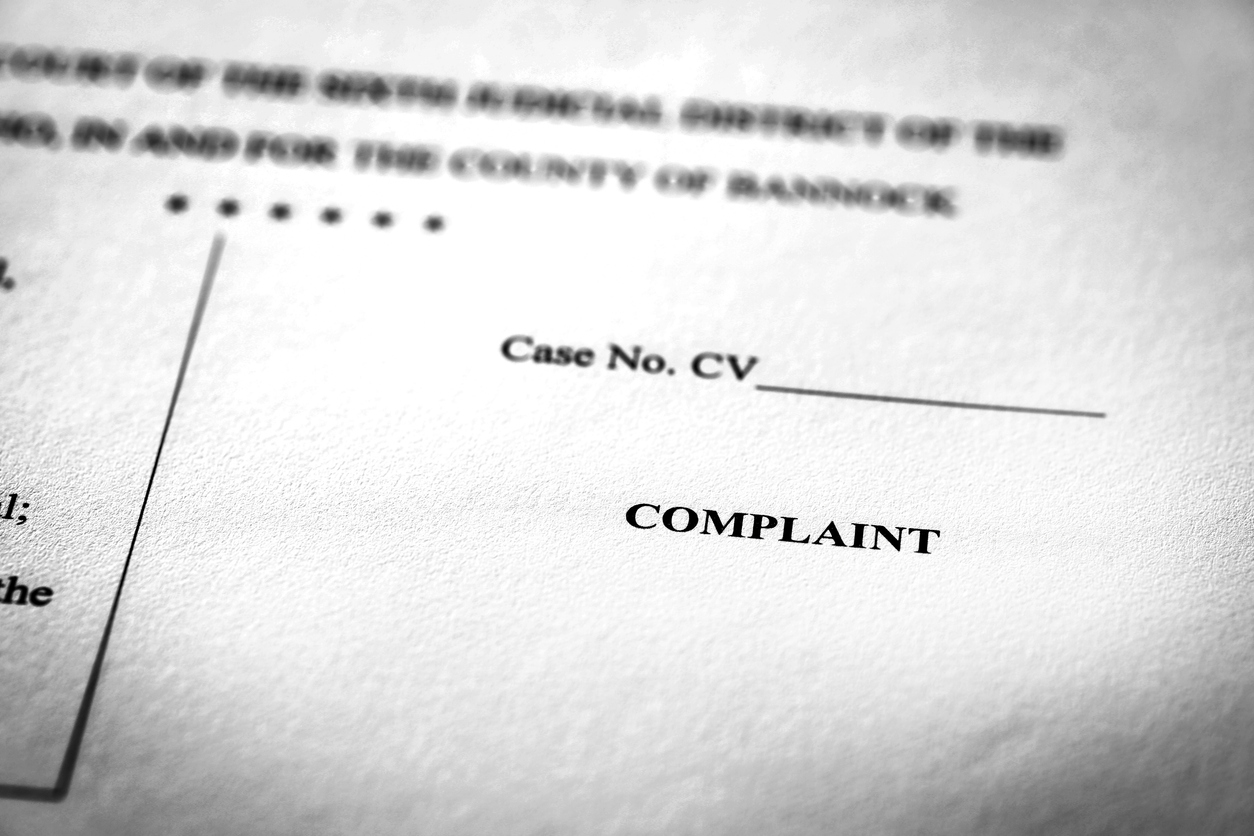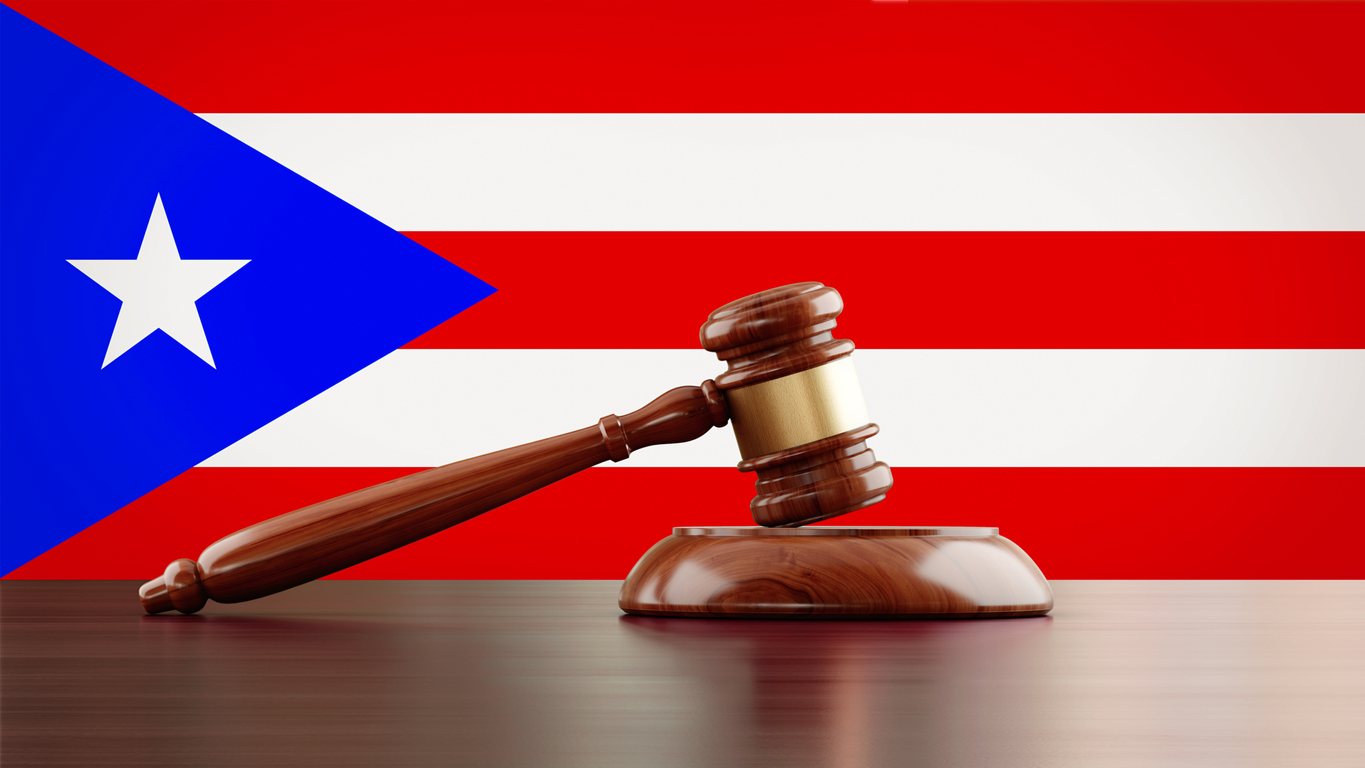The Puerto Rico Insurance Code provides that the right of subrogation is “[t]he right of an insurer to recover damages who has been called to pay an insured under his policy.”1 Under this law, this right arises once the insurance company makes a payment to the insured. The Supreme Court of Puerto Rico has expressed that this provides a legal replacement mechanism whereby an insurance company replaces the insured person in the exercise of the actions or rights that it has against the person causing damage.2 In other words, the right of subrogation of the insurance company arises when it pays the insured; it is the payment that makes the insurer a creditor through subrogation.3
In Integrand Assurance v. CODECO,4 the court questioned if the doctrine of anti-subrogation, which denies an insurer the right to subrogate itself against its own insured, had a place under Puerto Rico’s legal system. In this case, Integrand issued a commercial policy including a commercial property coverage plan that would insure the commercial property in case of damage due to third parties and a general commercial liability policy in which the insurer would respond in certain circumstances. The policy also allowed the inclusion of additional insured persons if they were added through endorsements, which could correspond to the entire policy or to some of the particular coverage within the plan. On May 21, 1994, the roof of the commercial building leased by CODECO collapsed and destroyed an industrial freezer containing a considerable inventory of meat and shellfish. As a result, Integrand paid for estimated damages covered under the policy.
However, under a subrogation clause in the policy, Integrand filed a lawsuit against CODECO and its insurer CIGNA alleging that the loss of Group Marcelino’s inventory (which Integrand covered and made a payment) was due to CODECO’s negligence. Group Marcelino requested permission to intervene in the case and alleged that Integrand did not have the right to subrogate on their behalf against CODECO and that the claim should be dismissed. Group Marcelino also alleged that CODECO was an additional insured under Integrand’s policy, therefore the insurer could not initiate a subrogation claim against CODECO because the anti-subrogation rule prevented them from doing so. Group Marcelino then sent a letter to Integrand renouncing its right to claim CODECO, based on a policy provision that allowed the insured to waive the right of subrogation of the insurer in two circumstances: 1) If the resignation occurred before the insurer issued any payment, or 2) if it was a waiver in favor of a coinsurance under the policy. As a result, more than fourteen years after the events that started this controversy, the First Instance Court (trial court) issued a ruling allowing the subrogation claim filed by Integrand to proceed. The insured appealed to the Court of Appeals and in an extensive opinion the Court of Appeals partially affirmed the decision of the trial court.
The Court of Appeals resolved that the doctrine of anti-subrogation did not apply to the facts of the case, agreeing with the lower court. According to both forums, to apply the doctrine of anti-subrogation in co-insured cases it is necessary that both are covered by the same policy in which the payment was made. In this case, since the payment by Integrand was made under the commercial property policy and CODECO was an additional insured in the general commercial responsibility policy, the court concluded that it was not possible to resort to anti-subrogation. In its discussion, the appellate court added that subrogation can only exist with respect to the rights of an insurer against third parties with whom it has no obligation.
That appellate court also noted that in most U.S. jurisdictions, the anti-subrogation doctrine only applies when the defendant is an insured “under the same cover that gives rise to the right of subrogation,” while in other jurisdictions a broader definition has been adopted to include anyone who is insured by the same insurer, even under different covers. The appellate court ruled that the anti-subrogation doctrine does not apply in this case. In addition, the appellate court held that the waiver of the right to renounce by an insured cannot be made after the right of subrogation has been exercised by the insurer.
The Supreme Court of Puerto Rico made an extensive discussion of the anti-subrogation doctrine as it applies to insurance contracts, and how it exists both in civil systems and in common law jurisdictions. The supreme court affirmed the appellate court decision and ordered the case to be returned to the trial court to further discuss the alleged negligence made by CODECO and other facts in issue.
______________________________
1 Puerto Rico Insurance Code, 26 L.P.R.A. Sec. 2720 (4).
2 Gen. Accid. Ins. Co. P.R. v. Ramos, 148 D.P.R. 523, 532 (1999).
3 Coop. Seguros Múltiples P.R. v. Lugo, 136 D.P.R. 203 (1994).
4 Integrand Assurance v. CODECO, 185 D.P.R. 146 (2012).




